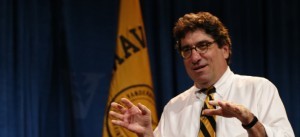Greeks often pride themselves in producing scientists and brilliant minds that distinguish themselves in academia abroad at the highest levels. This is not far from the truth, as many professors of Greek background staff world renowned universities and lead research and studies in many fields, pioneering great scientific breakthroughs. Here is a list of 12 of the most prominent bright minds that came out of Greece and are offering their insight and services to foreign educational institutions.
Nicholas Christakis (Physician and Sociologist, USA)
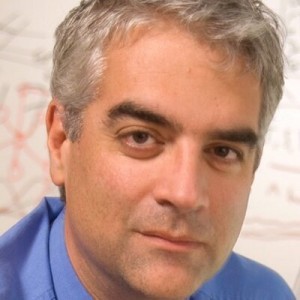
Nicholas Christakis, born in 1962, is a Greek American physician and sociologist at Harvard University. He was listed among TIME magazine’s 2009 100 most influential people .
Christakis conducts research on social factors that affect health, health care, and longevity. His current work is principally concerned with health and social networks.
Thanasis Economou (Nuclear Scientist, USA)
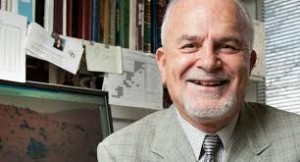
Nuclear Physicist Thanasis Economou is a scientist whose name is linked with most of NASA’s 50 year history. Born in Grevena Greece, Economou left the country int the aftermath of WWII.
In 1964, he completed his studies in nuclear physics at Charles University in Prague, joined the Laboratory for Astrophysics and Space Research at the University of Chicago – which he never left – and began working for NASA, as its youngest scientist at the time.
He contributed to NASA’s missions to the Moon (1966-1968), NASA’s Apollo program (1961-1975), and developed tools and techniques that enabled several of NASA’s famous missions to be carried out successfully, such as the Mars Pathfinder mission (1993-1997).
John Papandriopoulos (DSL Researcher, Australia)
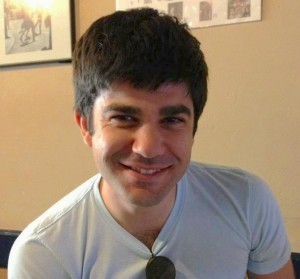
Leading DSL Researcher John Papandriopoulos is a Melbourne born (1978) Greek-Australian. His research interests are in the optimization of communication networks – he has developed technology to make broadband 100 times faster.
He received his Ph.D. degree in 2006 from the University of Melbourne, and he was a Research Fellow at The University of Melbourne in 2007 before relocating to California to join Adaptive Spectrum and Signal Alignment (ASSIA), Inc., the world’s leader in Dynamic Spectrum Management of xDSL lines.
Professor Stan Skafidas – $10 chip puts Australia on the fast track

The world’s smallest (5×5 mm) digital wireless chip bears the signature of a scientist of Greek origin, Professor Stan Skafidas. This new silicon chip developed is predicted to revolutionise the way household gadgets like televisions, phones and DVD players talk to each other: it transmits 5 Gbps over a wireless connection and offers users a tenfold increase in volume capacity, for 10$. The “GiFi” was unveiled on February 22 at the Melbourne University-based laboratories of NICTA, the National Information and Communications Technology research institute.
Dr. Alexander Kitroeff (Associate Professor in History, USA)
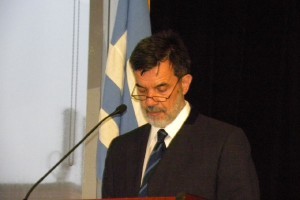
Alexander Kitroeff was born in Athens, Greece and was educated in the United Kingdom where he received a B.A. in Politics at Warwick University in 1977, an M.A. in History at Keele University in 1979 and a D.Phil. in Modern History at Oxford University in 1984. His doctoral dissertation, completed at St. Antony’s College, examined the history of the Greek diaspora in Egypt between the two world wars.
In 1996 he began teaching at Haverford College, where he is presently Associate Professor of History.
Dr. Constantin Polychronakos (Paediatric Endocrinologist, Canada)
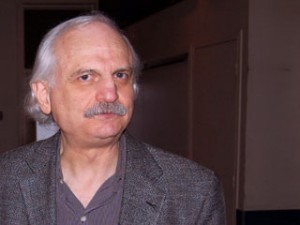
Dr. Polychronakos was born 18 April, 1948, in Edessa, Greece, and obtained his MD degree from the Aristotelian University in Thessaloniki (1972). He then immigrated to Canada where he trained in Paediatrics and Paediatric Endocrinology. He has been on faculty at McGill (Department of Paediatrics, associate in Experimental medicine and Human Genetics) since 1983, at the rank of full professor since 2000.
Dr. Apostolos Papageorgiou (Pediatrician, Canada)
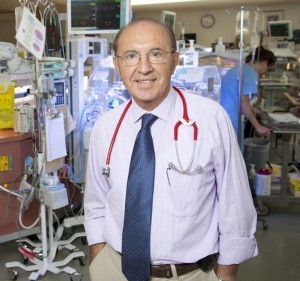
Dr. Apostolos Papageorgiou, Pediatrician and Neonatologist-in-Chief at the Jewish General Hospital and St. Mary’s Hospital, is an internationally recognized expert in neonatology. He is also a Professor of Pediatrics and a Professor of Obstetrics and Gynecology at McGill University, having won the Osler Award for Outstanding Teacher and the Kaplan Award for Best Clinical Teacher.
Dr. Papageorgiou also continues to serve as an adviser to governments, universities and hospitals, helping to organize perinatal services and train obstetricians, neonatologists and family practitioners from countries such as Greece, Poland, Morocco, Armenia, China and the former Soviet Union. He is the recipient of the Quebec Association of Pediatricians Prix d’excellence in 2002.
Nicholas S. Zeppos (Chancellor, USA)
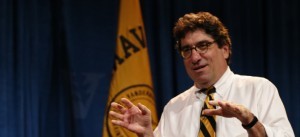
Vanderbilt’s eighth chancellor promised “my hardest work” and reflected about the journey of his family from Greece to America as he addressed the entire Vanderbilt community for the first time as chancellor.
The board “unanimously and enthusiastically” elected Zeppos to the position, said Chairman of the Board Martha Ingram. “Chancellor Zeppos has contributed his talents in many different capacities,” she said. ” He has seen Vanderbilt through important moments in our history, and has led our evolution into a truly global university.”
Katerina Harvati (Paleoanthropologist, Germany)
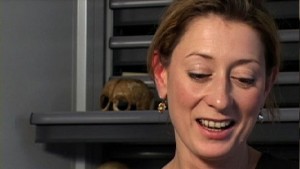
Dr. Harvati is a paleoanthropologist specializing in Neanderthal evolution, modern human origins and the application of 3-D geometric morphometric methods to anthropology. In addition to her current post as senior researcher at the Max Planck Institute for Human Evolution, Harvati is adjunct Associate Professor of Anthropology at the City University of New York Graduate Center.
She has conducted fieldwork in Europe and Africa, and is currently directing paleoanthropological fieldwork in Greece (Aliakmon Paleolithic/ Paleoanthropological Survey project).
Joseph Sifakis (Computer Engineer, France)
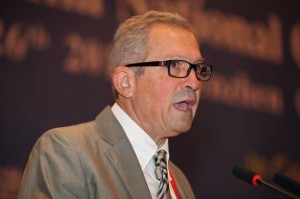
Joseph Sifakis is a CNRS (Centre National De La Recherche Scientific) researcher and the Founder of Verimag laboratory, in Grenoble, France. Joseph Sifakis is recognized for his pioneering work on both theoretical and practical aspects of Concurrent Systems Specification and Verification. He contributed to emergence of the area of model-checking, currently the most widely-used method for the verification of industrial applications.
Vicky Pryce (Economist, UK)

Vicky Pryce, the new joint head of the UK’s Government Economic Service is not only the first non-Treasury official to land the job, she is also the first woman and was born abroad, in Greece. It’s a big achievement “having made it despite my background – coming from another country” as she says. Pryce is also the chief economist at the Department for Business, Enterprise and Regulatory Reform.
Born in Greece, in 1952, she came to London to study at the LSE and went on to a glittering career as chief economist for, among others, KPMG, Exxon Europe and the Royal Bank of Scotland. Vicky Pryce is married to Chris Huhne, the Liberal Democrat leadership contender.
George Paxinos (Psychologist, Australia)
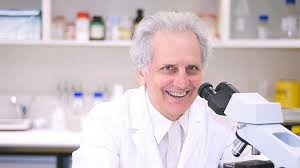
George Paxinos, professor and researcher in the area of psychology and the human brain, was awarded the distinction by the Australian Psychologists Research Organization for his contribution to science. Paxinos was born in Ithaki and studied in the US. Since 1973 he has been living in Sydney Australia where he works at the University of New South Wales and collaborates with various universities and research centers such as Cambridge and Oxford.
Dr. George Paxinos paved the way for future neuroscience research by being the first to produce a three-dimensional (stereotaxic) framework for placement of electrodes and injections in the brain of experimental animals, which is now used as an international standard. Dr. Paxinos has been honored with more than nine distinguished awards throughout his years of research. With 35 published research books, 115 refereed journal articles, 2 reviews, 25 book chapters and 13 CD-ROMs, he is currently President of the Australian Neuroscience Society and the IBRO World Congress of Neuroscience.
Source: Minipress.gr
Ask me anything
Explore related questions
